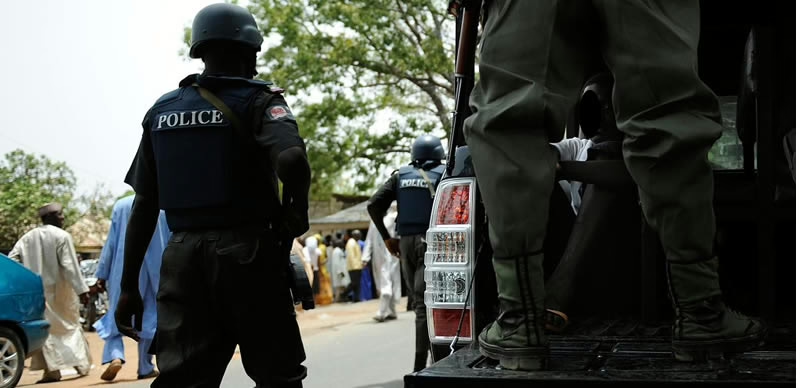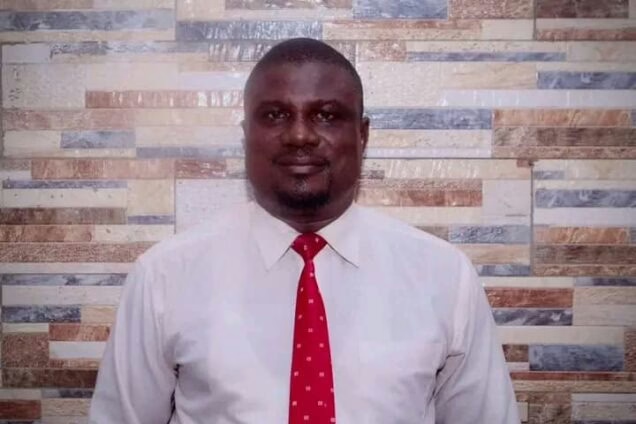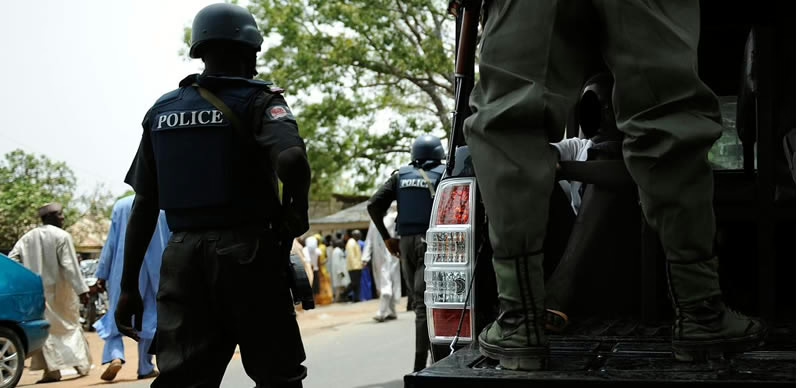Lagos Chief Imam condoles with families, mosque management
The Guardian learnt that six injured people had been discharged while three others were still at the hospital.
Speaking at the site, the Honorary Secretary, Nigerian Institute of Building (NIOB), Lagos chapter, Gbaja-Biamila Mubarak, attributed the collapse to “human error and wrong approach” to road and drainage construction in the area.
He expressed concern over the deployment of a mechanised approach to the construction, saying if the drainage had been executed manually, the mosque wouldn’t have been threatened.
He said the incident was a clarion call on government and private individuals to use only registered builders for construction activities.
He said: “There was an understanding that there is a road by the side of the mosque, which is being reconstructed by the local government, and the process of fixing the road was mechanical. There was an excavator on site with a big bucket digging the drainage by the side of the mosque. In the process, the excavator got below the foundation level of the mosque. Aside from the fact that the mosque was already undermined in that process, the building was vibrating.
“That is when health and safety should have been prioritised with occupants of the mosque being asked to vacate the premises, and the mosque sealed up pending the time they will complete the road construction. But that wasn’t done.
“The bucket of the excavator hit the foundation of the mosque, leading to its collapse. With the kind of structure we saw on Google, it is a low bearing wall and once anything hits the foundation it falls like a pack of cards.”
The Chief Imam of Lagos State, Sheikh Oluwatoyin Abou-Nollah, who was also at the site, offered special prayers to Allah to end such disasters, comfort the dead and heal the injured.
Abou-Nollah, an engineer, appealed to residents to be vigilant and always raise the alarm about any impending dangers in their community.
The Chief Imam of Al-Mutmoinat Central Mosque, Lukman Kazzim Olokutan, explained: “It is the government that was trying to construct a gutter. They came to measure the location. We asked them if the construction will not affect the mosque and they told us yes.
“While the construction was ongoing, they extended work beyond the area measured; excavating the area deeply beyond the foundation. The excavator they brought was beyond the capacity of our location. It was vibrating, and that affected the mosque. Most of the people inside the mosque had just finished praying, some of them had left the mosque before the building collapsed. If the building had sunk, the number of dead would have been many.
“Only an 11-year-old died while about nine were injured, six have been discharged while three persons are still at Idi-Araba government hospital and one private hospital respectively.”
Also, speaking, Chairman of Building Collapse Prevention Guild (BCPG) Lagos, Mr Joseph Akande, lamented encroachment on road facilities, making the road in the area to become narrow.
He also observed that the mosque didn’t fulfill the minimum setback to the road, adding that effort to expand the road undermined the foundation of the mosque.
Meanwhile, the Permanent Secretary, Lagos State Emergency Management Agency (LASEMA), Olufemi Damilola Oke-Osanyintolu, said the death toll from the incident rose to three and could have more but for the quick intervention of emergency management agencies.
Oke-Osanyintolu commended all the emergency management agencies for their quick response, stating that collaboration was critical to ensuring minimal fatalities and casualties.











